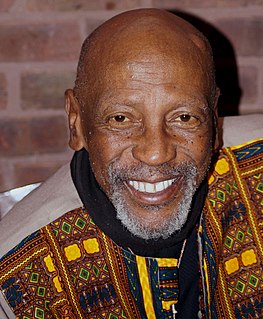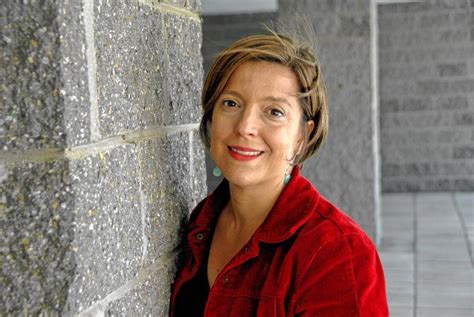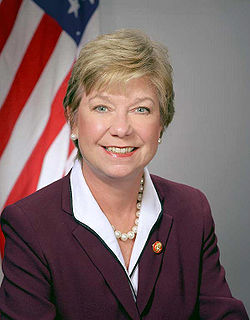Цитата Ли Исаака Чанга
Мои родители выросли в то время, когда в Корее шла война. А моя бабушка, ее муж, мой дедушка, был солдатом и погиб на войне. Многие люди того поколения не ходили в школу. Моя бабушка не умела читать; она не закончила дальше начальной школы.
Связанные цитаты
Я никогда не изменял любовнику. Я верен, всегда. Но война важнее чьих-либо чувств. Каждый раз." Ух ты. Битва перед любовью. Без сомнения, он был самым неромантичным мужчиной, которого она когда-либо встречала. Даже больше, чем ее прадедушка, который со смехом сжег ее прабабушку после того, как она родила бабушку Гвен.
История моей бабушки — это история француженки из провинции, которая благодаря своей настойчивости и тяге к знаниям проложила себе путь до директора школы. Она принадлежала к поколению, которое мало путешествовало. Но она верила в Европу и хотела Европу. И она много читала - прекрасно знала мифологию, литературу и классику. Она передала это мне вместе с убеждением, что можно заработать себе положение в обществе.
Я слышал историю о женщине, выросшей в Техасе. Когда у нее были проблемы в жизни, она навещала свою бабушку, которая жила неподалеку и всегда могла передать доброе слово и мудрость. Однажды она жаловалась бабушке на какую-то ситуацию, а бабушка только повернулась к ней, грустно улыбнулась и сказала: «Иногда, дорогая, надо просто подняться над собой в этой жизни». Я вспоминал этот мудрый совет много раз, когда сталкивался с трудностями в своей жизни.
Моя мать выросла в крайней нищете в Миссисипи, бросив начальную школу. Тем не менее, при поддержке окружающих ее женщин, она вернулась в школу и закончила ее с отличием в классе - единственная из ее семи братьев и сестер, окончившая среднюю школу. Она стала библиотекарем, а затем министром объединенных методистов.
В детстве я думал, что мой дедушка умер. Позже я узнал, что он жив, но моя семья делала вид, что его не существует, потому что он ужасно издевался над моей бабушкой и моей матерью. Он делал такие вещи, как побрил голову моей бабушки и запер ее в чулане. С маминой помощью моя бабушка окончательно ушла от него.
Примерно в это же время умирает ее бабушка Холл. А Элеонора Рузвельт отвечает за все приготовления к похоронам. И есть пара вещей, которые она действительно понимает, когда размышляет о жизни своей бабушки и готовит похороны. Во-первых, она действительно талантливая, организаторская женщина. Она знает, как делать вещи. Она начинает сравнивать свою жизнь с жизнью бабушки. И ей совершенно ясно, что быть преданной женой и преданной матерью недостаточно.




































